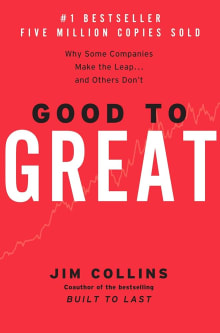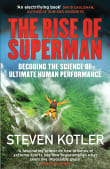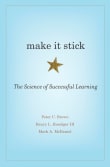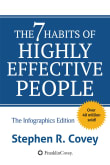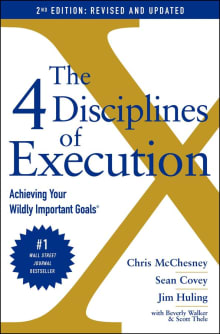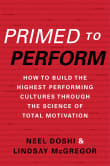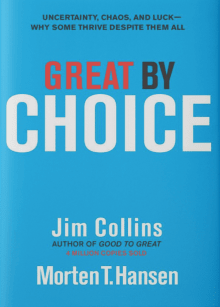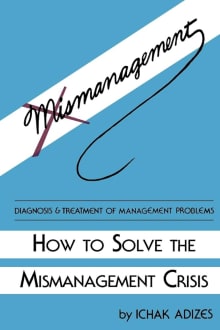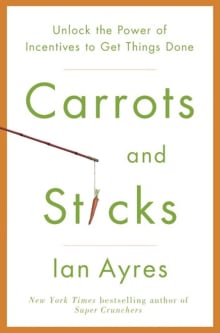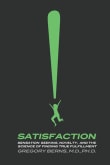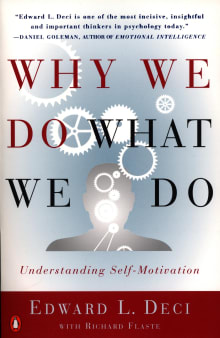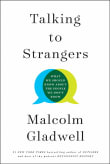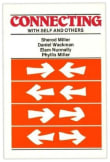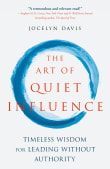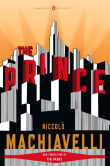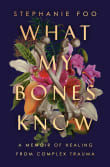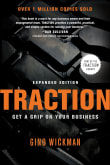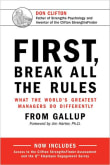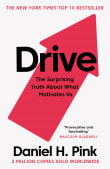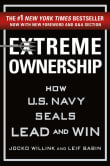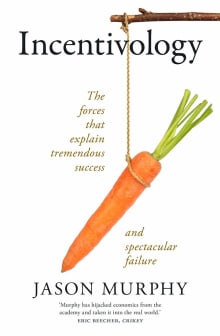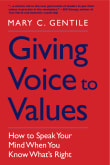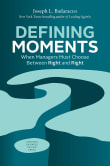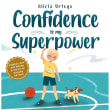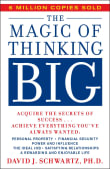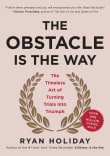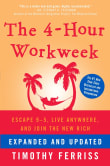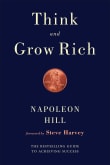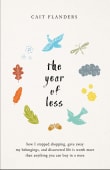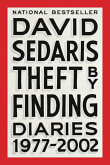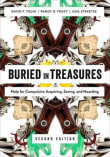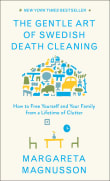Why we are passionate about this?
We have been coaching and learning about peak performance for four decades. To learn from playing golf ourselves, coaching others to play better, and continuously staying curious and learning from others is a mix that we want to keep alive. It’s not only to perform well that matters to us, but that we also grow as a human being. It’s about excellence and wellbeing. What skills, what culture, and what foundation can make that a possibility? Our deepest wish is for all of us to access our own unique possibilities to be good and happy.
Pia and Lynn's book list on improving performance and growth

Why did Pia and Lynn love this book?
The learnings from this book have helped us so many times to make good decisions for our coaching business. Two concepts in particular have stood out: The Hedgehog Concept and Stockdale Paradox from this book are alive in us every day.
The Hedgehog Concept is the intersection between three circles: 1) What can you be best in the world at? 2) What drives the economic engine? 3) What are you deeply passionate about?
The Stockdale Paradox is to always retain the faith that you will prevail in the end, regardless of difficulties, while confronting the brutal fact of your current reality.
14 authors picked Good to Great as one of their favorite books, and they share why you should read it.
________________________________
Can a good company become a great one? If so, how?
After a five-year research project, Jim Collins concludes that good to great can and does happen. In this book, he uncovers the underlying variables that enable any type of organisation to make the leap from good to great while other organisations remain only good. Rigorously supported by evidence, his findings are surprising - at times even shocking - to the modern mind.
Good to Great achieves a rare distinction: a management book full of vital ideas that reads as well as a fast-paced novel. It is widely regarded…
